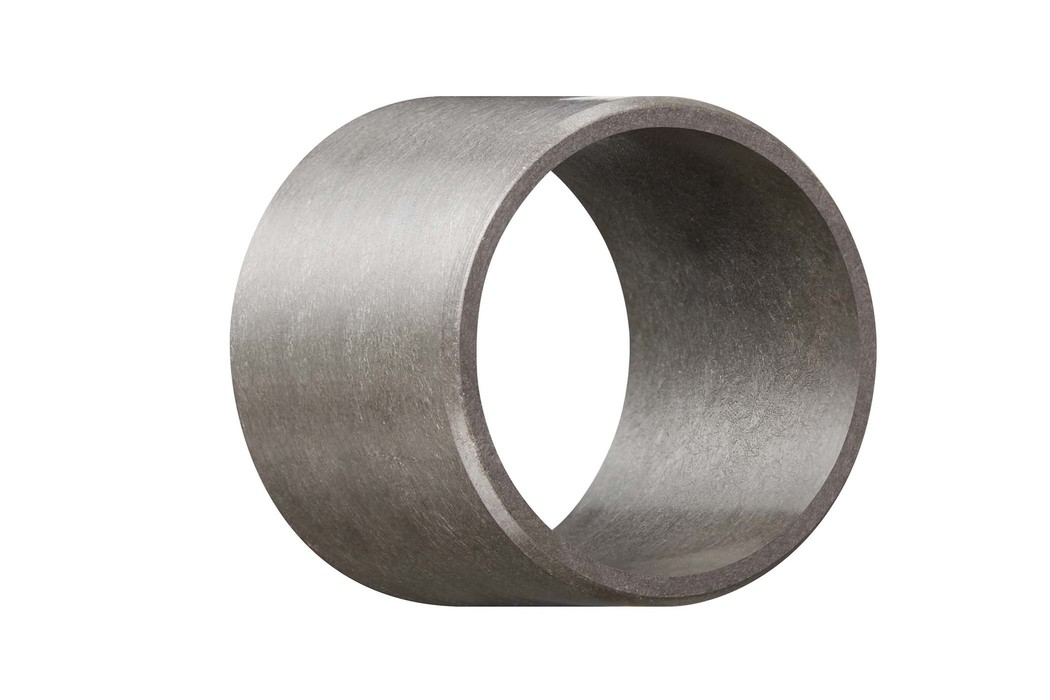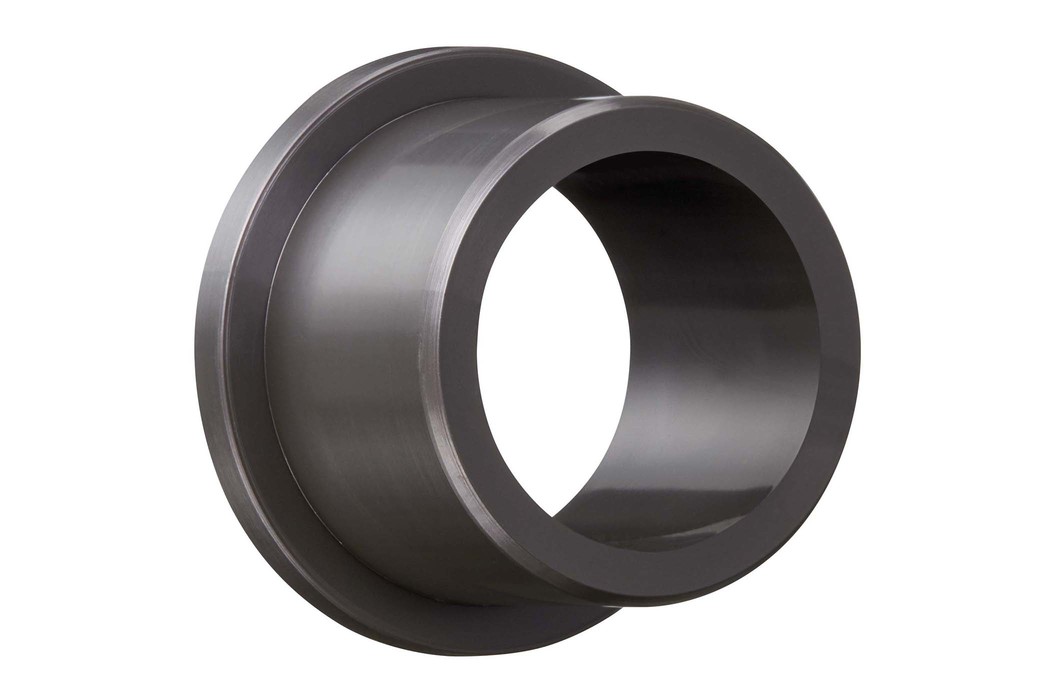Material Hub > Materialien
Materialien
-
Kategorie ThermoplasteEinsatztemperatur -200 – 80 °CDichte 0.96 g/cm³
-
Kategorie ThermoplasteEinsatztemperatur -200 – 80 °CDichte 0.96 g/cm³
-
Kategorie ThermoplasteEinsatztemperatur -200 – 80 °CDichte 0.95 g/cm³
-
Kategorie ThermoplasteEinsatztemperatur -200 – 80 °CDichte 0.95 g/cm³
-
Kategorie ThermoplasteEinsatztemperatur -40 – 250 °CDichte 1.32 g/cm³
-
Kategorie ThermoplasteEinsatztemperatur -20 – 250 °CDichte 1.44 g/cm³
-
Kategorie ThermoplasteEinsatztemperatur 0 – 100 °CDichte 0.91 g/cm³
-
Kategorie ThermoplasteEinsatztemperatur -200 – 260 °CDichte 2.18 g/cm³
-
Kategorie ThermoplasteEinsatztemperatur 0 – 55 °CDichte 1.44 g/cm³
-
Kategorie ThermoplasteEinsatztemperatur -60 – 150 °CDichte 1.78 g/cm³
-
Kategorie ThermoplasteEinsatztemperatur -200 – 80 °CDichte 0.94 g/cm³
-
Kategorie ThermoplasteEinsatztemperatur -100 – 80 °CDichte 0.96 g/cm³
-
Kategorie ThermoplasteEinsatztemperatur -200 – 100 °CDichte 0.962 g/cm³
-
Kategorie ThermoplasteEinsatztemperatur -40 – 130 °CDichte 1.46 g/cm³
-
Kategorie ThermoplasteEinsatztemperatur -40 – 80 °CDichte 1.14 g/cm³
-
Kategorie ThermoplasteEinsatztemperatur -60 – 250 °CDichte 1.31 g/cm³
-
Kategorie ThermoplasteEinsatztemperatur < 260 °CDichte 1.31 g/cm³
-
Rhenoguard® Jumbo II (Fluorpolymeren und anorganischen Füllstoffen)
Rhenotherm Kunststoffbeschichtungs GmbH
Kategorie KunststoffbeschichtungEinsatztemperatur -40 – 200Dichte – -
Rhenoguard® Jumbo III (gefüllten Fluorpolymeren und anorganischer Diffusionsperre)
Rhenotherm Kunststoffbeschichtungs GmbH
Kategorie KunststoffbeschichtungEinsatztemperatur -40 – 200Dichte – -
Rhenoguard® Jumbo II/LK (Fluorpolymeren und anorganischen Füllstoffen)
Rhenotherm Kunststoffbeschichtungs GmbH
Kategorie KunststoffbeschichtungEinsatztemperatur -40 – 200Dichte –





